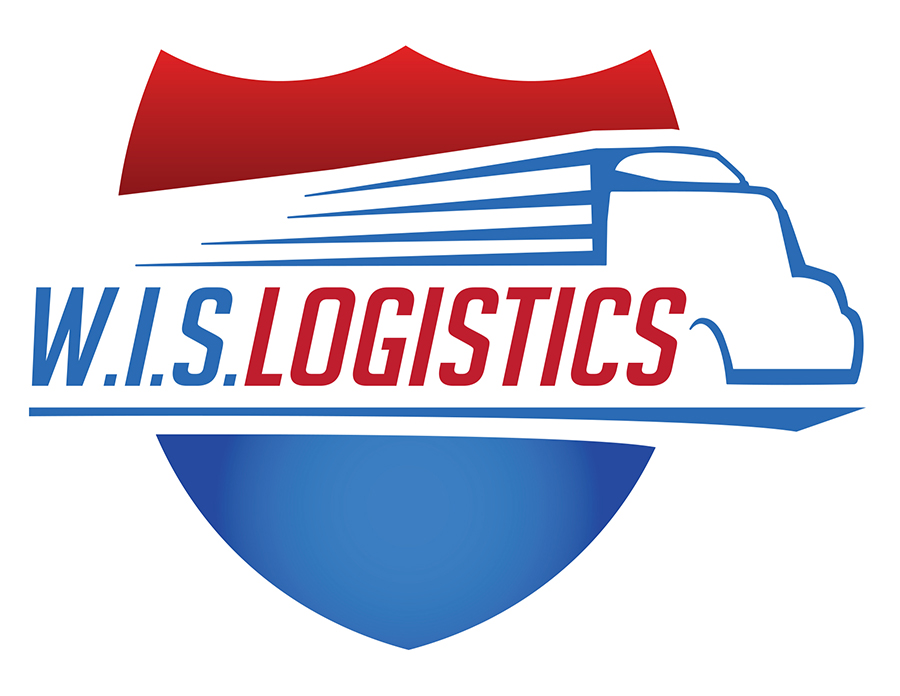You may be generally okay with your 3PL relationship but not quite ready for a long-term commitment. This sentiment comes from research conducted by SCM World.
Why do companies feel this way? For starters, consider the typical engagement scenario. A 3PL walks into a prospective customer’s office, asks for a data set and then presents a way to reduce costs (20%, 30% or whatever the intriguing figure might be). Someone at the customer’s office does the math and signs a three-year contract. Often, this person does not work in logistics.
Next, the 3PL brings in the lowest-cost carriers with no regard for the customer’s operation or its processes. The result is a dumbfounded shipper that cannot understand why this isn’t working and why its 3PL is providing substandard service and not being innovative.
How did we get to this point? Well, companies want to save money. 3PLs want to oblige because if they don’t, the next guy will. That’s why we (W.I.S. Logistics) prefer to say price matters but service rules.
“Overall, the major expectation for logistics service providers is cost savings. This entrenched focus essentially commoditizes logistics services, creating a self-perpetuating cycle in the marketplace where 3PLs resist investing in innovation since their customers don’t yet believe that innovation will drive cost savings more effectively than traditional methods,” writes Patrick Burnson of Supply Management Chain Review.
This self-perpetuating cycle is just as frustrating for 3PLs as it is for shippers, if not more. Many 3PLs are full of people who have years of valuable logistics knowledge that can’t be defined by simple math which, on paper, reduces costs. Third-party logistics is far too complex for this.
3PL professionals relish shippers who enable them to use their knowledge to create innovative, resourceful solutions. For real pros, it’s like creating a work of art. They enjoy using different materials and techniques to customize a solution that will not only help their customers tomorrow, but also five years from now.
Innovation inevitably brings change and cost. Yes, change can be difficult and costs hard to swallow. Both are necessary and unavoidable aspects of doing businesses. The key is to make positive changes and achieve value greater than the money invested.
There is a better way of achieving happiness in your 3PL relationship. It starts with a conversation about your business objectives as they relate to shipping. Give your 3PL rein to solve problems. Collaborate. Look at the long-term picture of cost.
Become the company that uses shipping to gain a competitive advantage while others get sucked into the tug of war between innovation and cost.
